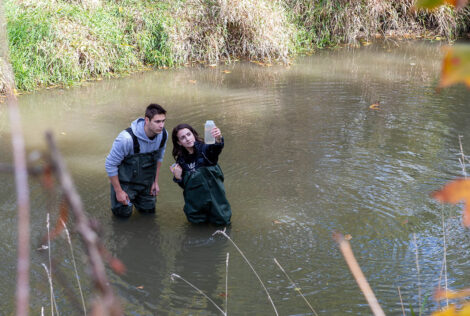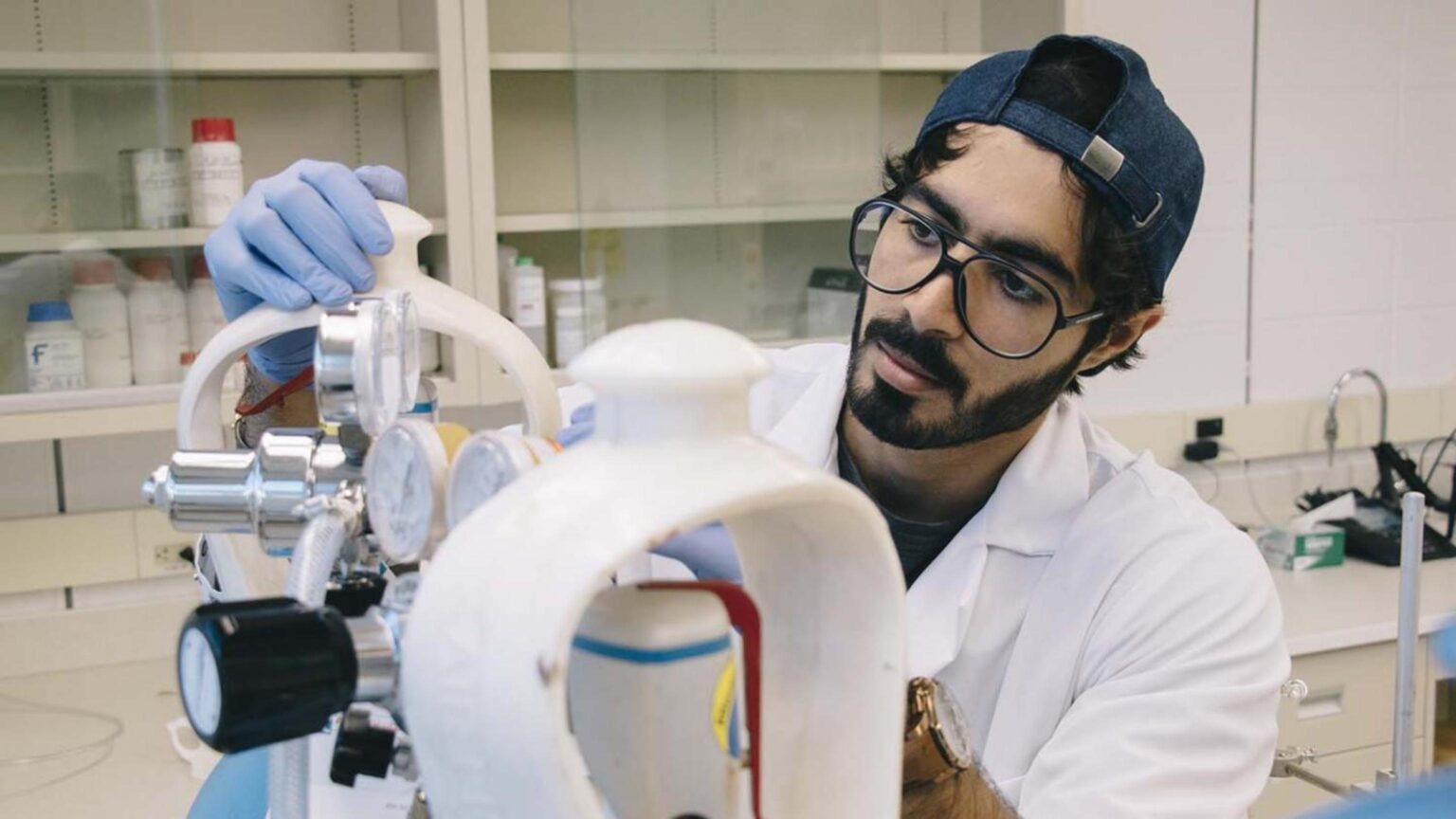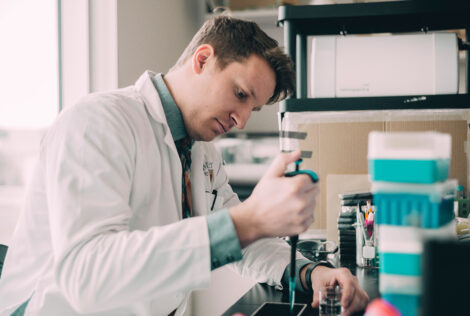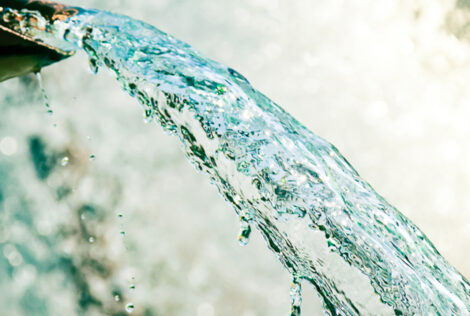

Fresh water scarcity and safety is an ongoing global challenge. Mohamad Amin Halali, PhD candidate, Chemical Engineering and his colleagues in The de Lannoy Lab are rising to this challenge by using membranes to filter contaminants from drinking water.
Today, Amin shares his research with his Inside the Lab story on McMaster Engineering’s Instagram page.
Amin is working on membranes as flexible separation barriers for different types of contaminants, which can enter drinking water from sources such as municipal and industrial discharges and urban and rural run-off.
“Membranes are barriers that can separate contaminants based on the particle size, type, charge, and affinity” explained Amin. “So, basically if the particle size is larger than the membrane pore size, it will not pass through the membrane.”
“We can further help the separation process by adding extra features to the membranes such as making them electrically conductive,” adds Amin. “The membranes can separate charged particles using electrical repulsion.”
The supportive atmosphere in Charles de Lannoy’s lab motivates Amin and his team to strive for success.
“Charles is a really supportive, encouraging, and caring supervisor who can define the problem and walks you through the project. I feel we can conduct a productive research in light of having the amazing academic atmosphere and the bond among the members of the group.”
Amin is planning to present his research at McMaster Water Week’s Student Research Showcase on November 3. View his Inside the Lab story here.


